Summer break doesn’t mean you can’t continue to learn!
We hope you’ll find some time to relax with family and friends and check out some of the books, podcasts, films, blogs and articles we at iLs have been enjoying. All of them will supplement your understanding of the principles of learning and neuroplasticity that are central to how and why iLs is effective. We think you’ll find them both compelling and entertaining.
Happy reading / watching / listening.
Books:
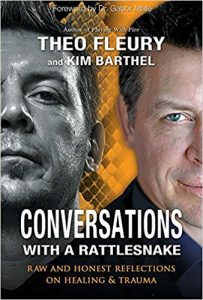
Readers are privileged to an intimate, honest and informative ongoing dialogue about healing from trauma, meaningful engagement in relationships and what it means to evolve as a human.
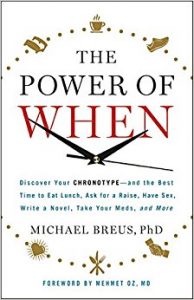
The simple guide to syncing your biological rhythm with the rhythm of your life. Because biological factors like blood pressure, hormone levels, digestion and body temperature are controlled by your circadian rhythm, there is an optimal time for doing everything.
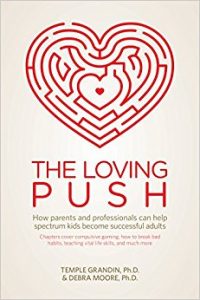
Written for parents of teens and young adults with autism or Asperger’s as a guide to help them with the transition to adulthood and independence. The book’s title gives a nod to the suggestion by the authors that parents can supportively nudge their children to take on more self-responsibility.
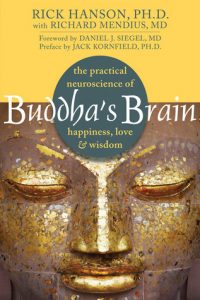
Though not new this year, these are perennial classics focused on the brain benefits of “positive neuroplasticity” to increase emotions like equanimity, compassion, gratitude and joy. Hanson is a friendly guide to beating the brain’s negativity bias that he describes as “Velcro for bad experiences but Teflon for good ones.”
Podcast episodes:
Invisibilia: An Experiment Helps One Woman See the World in a New Way
If you don’t listen regularly to Invisibilia, you’re missing out on some fascinating content and interesting slices of life. In this episode, a 54-year old woman realizes she has Asperger’s and shares how it changes her perspective.
Movies:
A coming of age story of a once non-verbal young man on the spectrum who finds his voice and social connection through Disney animated films and his father who channels his favorite fictional characters to reach him. Though not discussed in the documentary, we believe that Dr. Stephen Porges’ Polyvagal Theory can explain the transformation the subject experiences.
A compassionate depiction of a New Yorker with Asperger’s Syndrome, whose story about his fascination with public transit is both humorous and heartbreaking.
Blog:
Insightful, sensitive, funny and practical posts from therapists, parents and advocates of people with Sensory Processing Disorder.
Pinterest:
You don’t have to be a Home Program user to take advantage of these great activities, crafts and fun learning tools! Helpful ideas for parents, therapists and friends of children of all ages and abilities.
Article:
“The Strange Brain of the World’s Great Solo Climber” by J.B. MacKinnon in Nautilus
“Aren’t you afraid of dying?” is a question frequently asked of Alex Honnold, the world’s most famous adventurer who rock climbs steep cliffs – without a rope. Learn about the amygdala’s role in the brain’s fear response and how Honnold retrained his own brain’s reaction to risks in order to keep climbing.

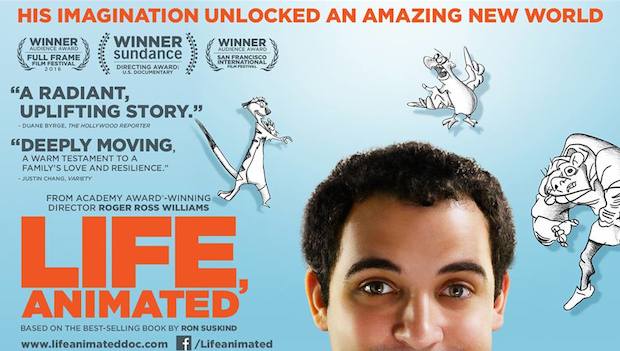
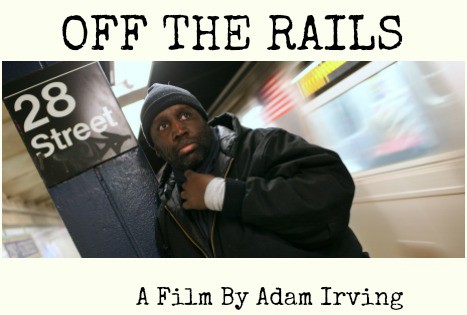
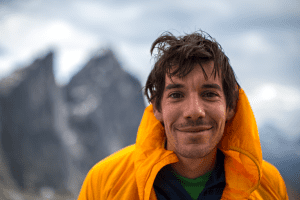


 © 2025 Unyte Health US Inc.
© 2025 Unyte Health US Inc.